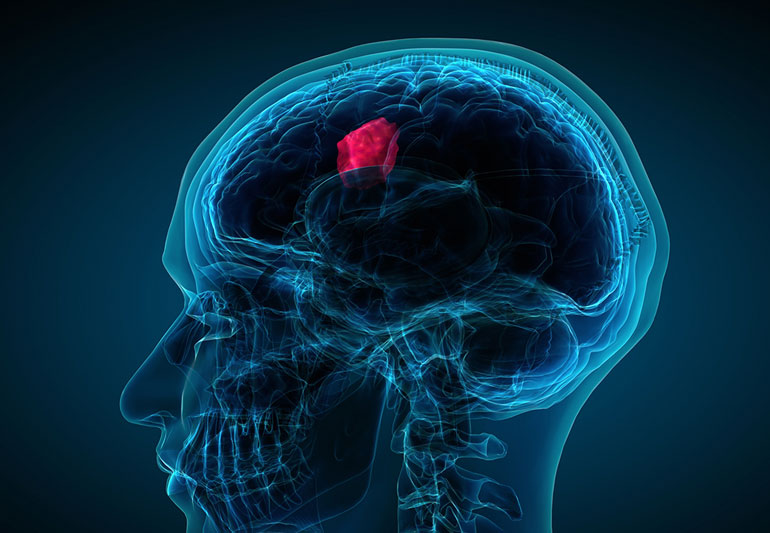Blood spilling into the gaps around brain cells causes a
stroke. This could happen if the blood flow to a portion of the brain is
suddenly cut off. Or it might happen if a brain blood artery bursts. The
greatest risk is the death of brain cells. When the blood's supply of nutrients
and oxygen is cut off, they perish. They also pass away when the brain suddenly
bleeds.
There are a number of
indicators that a stroke has occurred, including:
1.
An unexpected weakness or numbness on one side
of the body.
2.
An unexpected difficulty communicating or
understanding people.
3.
Sudden vision issues in either one or both eyes
4.
Suddenly having problems walking or feeling
lightheaded, unsteady, or uncoordinated
5.
A sudden, severe headache with no recognised
cause
There are two categories
into which strokes fall:
1.
Ischemic: This condition results from a blocked
blood artery that supplies the brain.
2.
Haemorrhagic refers to bleeding that may
possibly enter the brain.
The three stages of stroke treatment include prevention,
immediate post-stroke care, and post-stroke
rehabilitation.
Stroke treatment in Indore typically
consists of three stages: prevention, therapy immediately following the stroke,
and post-stroke rehabilitation.
The main focus of stroke
prevention is managing the underlying risk factors, such as diabetes,
atrial fibrillation, and hypertension. By swiftly dissolving the blood clot
that is producing an ischemic stroke or halting the bleeding of a haemorrhagic
stroke, acute stroke therapy
attempts to stop a stroke while it is occurring. Rehabilitation following a
stroke focuses on assisting patients in overcoming limitations brought on by stroke damage.
Despite the fact that a stroke happens in the brain, the
entire body may be impacted. A common outcome of a stroke is hemiplegia, or
total paralysis of one side of the body. Another frequent outcome is
hemiparesis, or one-sided weakness.
An individual who has recovered from a stroke may experience
difficulties with thinking, awareness, attention, learning, judgement, and
memory, as well as understanding and speaking. Strokes can occasionally cause
emotional issues, such as difficulty expressing or controlling emotions. It is
common for stroke survivors to feel depressed, numb, or have other weird
feelings. Survivors describe pain in their hands and feet that is worse by movement
and variations in temperature. The extremities appear to be particularly
sensitive to cold temperatures. Consult a neurologist for stroke treatment
in Indore.










